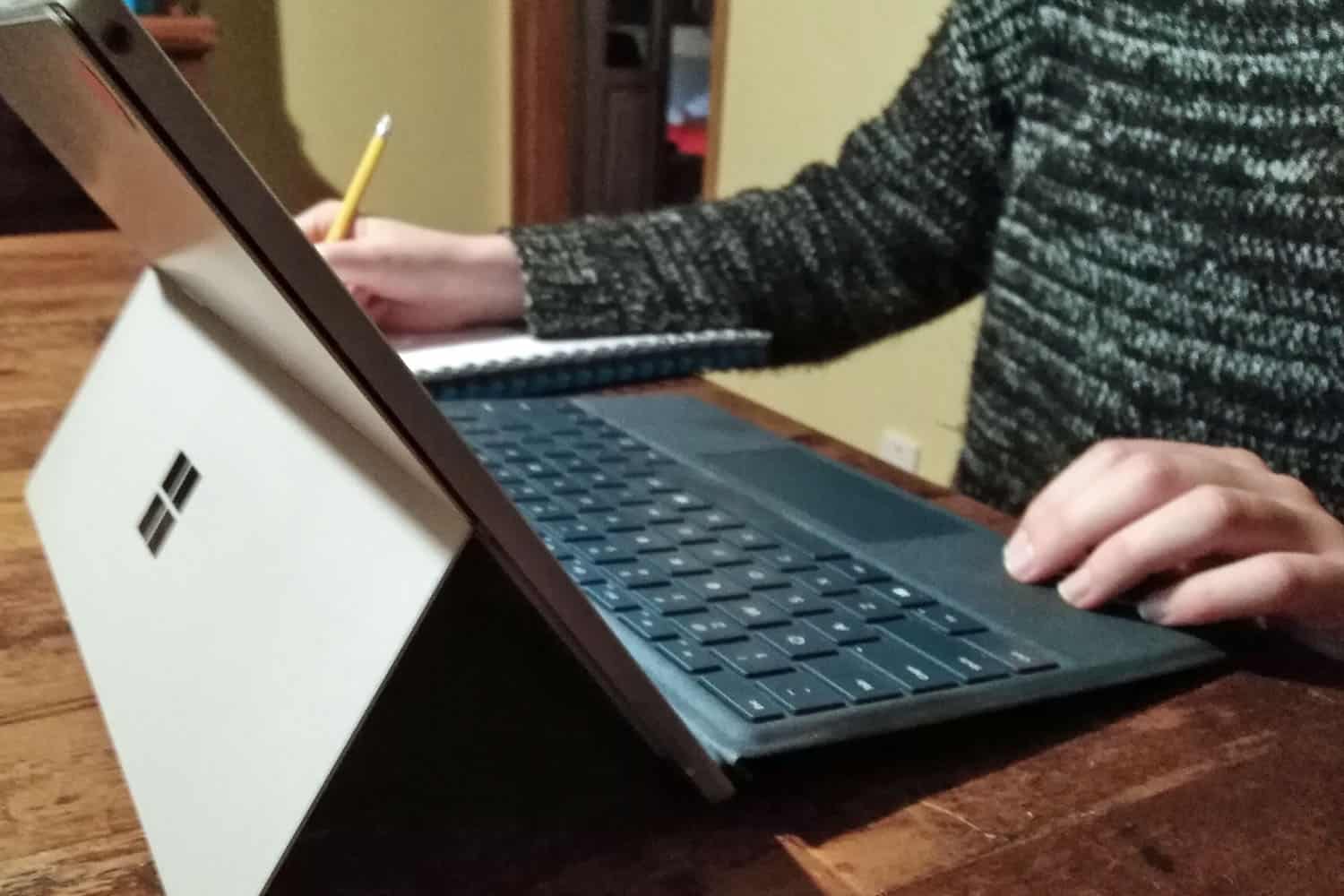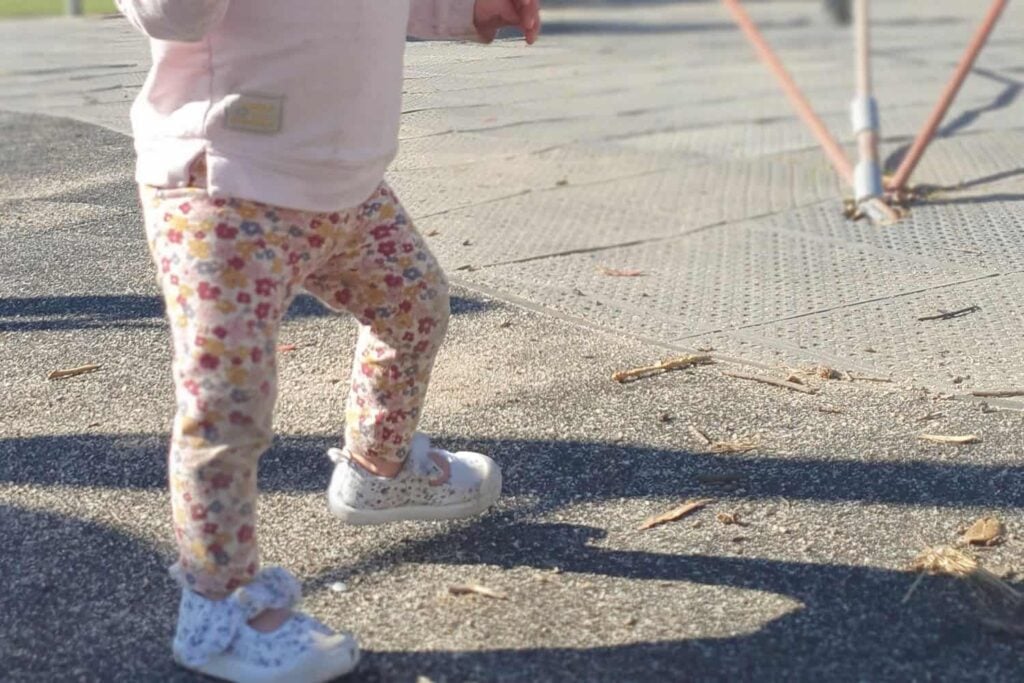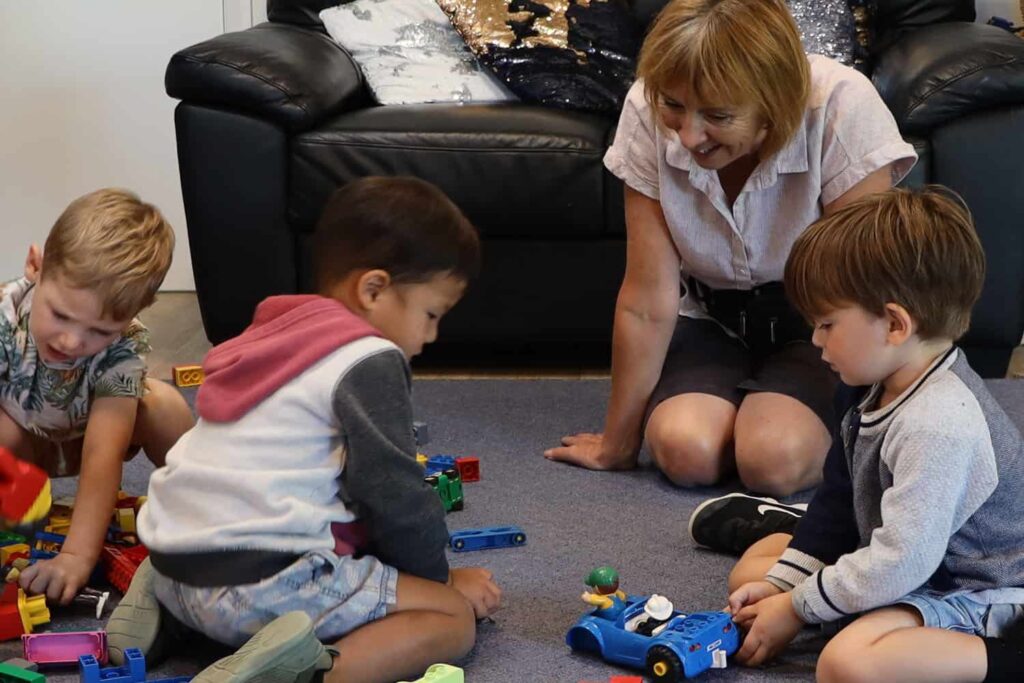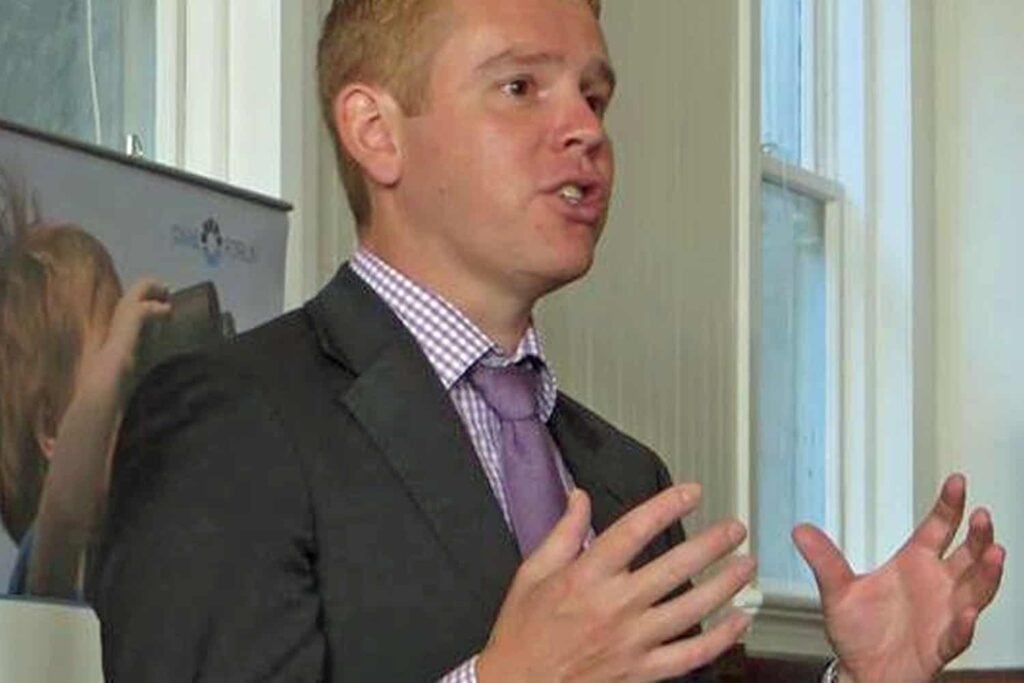The titles, authors and abstracts for papers published in the NZRECE Journal Special Issue on Diversity and Equality, Volume 19, 2016, are shown below. To read any article a member login is needed – join us if you are not already a member. Many libraries subscribe to the journal so you may be able to view articles through your library’s system.
Order a copy of any article
Type in below the year, volume number and author(s) of the article you wish to order. The price per copy is NZ $19. Once you have completed your order it will emailed to you within 24 hours.
Early Childhood Science Exploration: A Vehicle for Inclusive Practices
Coral Campbell
Deakin University
ABSTRACT
Social justice and equity are important elements of all educational services and particularly in early childhood where there is an emphasis on including all children in the everyday life of early childhood settings. Inclusive education is based on the right of all children to access and participate in general education. A critical pedagogy approach counters discrimination by promoting positive attitudes towards diversity. Science learning is important for all children as it is an approach to thinking and behaving that incorporates aspects of motor, behavioural, sensory, communication and mental functioning. Children from diverse situations can contribute at their own level to the opportunities involved in exploration and investigations. Through a review of international literature and consolidation of several Australian research projects, this paper discusses inclusive pedagogy and planning in early childhood centres with a particular focus on science learning through play and child-instigated explorations.
Key words: Science, inclusive pedagogy, planning, child-initiated.
FULL REFERENCE
Campbell, C. (2016). Early childhood science exploration: a vehicle for inclusive practices. NZ Research in Early Childhood Education Journal, Special Issue: Equality and Diversity, 19, 1 – 14.
Changing Roles and Responsibilities: The Development of Coaching in Early Intervention Education Settings, In Aotearoa NZ
Helen Mataiti, Anne van Bysterveldt and Judi Miller
Te Whare Wānanga o Waitaha – University of Canterbury
ABSTRACT
Facilitative coaching aims to empower coach-ees by eliciting their inbuilt capacities as individuals and building upon these to achieve self-chosen goals. The practice is increasingly preferred in early intervention (EI) education settings, due to its strong alignment with family-centred approaches. The practice of coaching involves a shift in the roles and responsibilities of those working with children with EI needs. Specifically, coaching is a way of moving away from an expert, directive approach, toward one that facilitates and empowers adults working with the child day to day in natural environments. This has significant potential to break down historical imbalances of power between specialist practitioners, and families and educators, thus supporting key policy directions in Aotearoa New Zealand NZ. This paper utilises the elements of rules, community and division of labour (roles and responsibilities) from the conceptual framework of Activity Theory to provide an overview of the development of and potential for coaching in EI in Aotearoa New Zealand (NZ), focusing on the practice of the specialist teaching practitioner, the Early Intervention teacher (EIT).
Key words: Coaching, early intervention, activity theory, roles and responsibilities
FULL REFERENCE
Mataiti, H., van Bysterveldt, A. & Miller, J. (2016). Changing roles and responsibilities: The development of coaching in early intervention education settings, in Aotearoa New Zealand. NZ Research in ECE Journal, Special Issue: Equality and Diversity, 19, 15 – 31.
A Whole School Approach to Language Development in the Early Years: Professional Development in Action
Carla Solvason, University of Worcester, UK
Heidi Kohlman and Mike Snowden, North Town primary school
Claire Morris, Barnardos Charity
ABSTRACT
This article presents findings from a staged evaluation of a three year longitudinal research project, now at the end of its second year, undertaken by the University of Worcester in collaboration with North Town Primary School, situated in Southern England. It uses an action research approach to foreground intervention strategies used to support children entering school with speech and language delay. Data collection took an interpretivist approach, acknowledging the diverse range of variables present in a child’s life, and sought to focus upon the lived experience of practitioners supporting children’s language development within the study school. The following paper reflects upon the impact of the project so far. It indicates a shift in culture at the school, with a greater emphasis and value being placed upon tools to support children’s language enrichment, recognizing the impact that these can have on a child’s confidence and independence. Conversely it also identifies some fundamental issues which remain; the most concerning being that the skills needed to support the development of children’s speech and language remain lacking within initial teacher training. It highlights the necessity for professional development within speech, language and communication to be fully acknowledged at policy level if we are to adequately cater for the needs of our children, especially those who are most vulnerable.
Key words: Communication, collaboration, longitudinal study, action research, early years.
FULL REFERENCE
Solvason, C., Kohlman H., Snowden, M. & Morris, C. (2016). A whole school approach to language development in the early years: Professional development in action. NZ Research in ECE Journal, Special Issue: Equality and Diversity, 19, 32 – 45.
Removing Socio-Economic Barriers to Participation in Early Childhood Education: Is Current Policy in Aotearoa NZ Effective?
Gillian Postlewaight
Eastern Institute of Technology, NZ
ABSTRACT
Positive outcomes for children from low socio-economic families are increased through their participation in quality early childhood education (ECE) programmes (Organisation for Economic Co-operation and Development [OECD], 2011). Present Government policies and initiatives in New Zealand focus predominantly on increasing participation as a long term solution to equitable access to education. Such a one dimensional solution does not address the underlying barriers that hinder participation for children in poverty. Through the examination of current research, aspects of equal importance to access and participation that were central to Pathways to the future: Ngā Huarahi Arataki, a 10-year strategic plan for early childhood education (Ministry of Education [MoE], 2002) are identified and discussed. Specifically, the goals to: “increase participation in quality in ECE services, improve quality of ECE services and promote collaborative relationships” (MoE, 2002, p.3) are considered in relation to past and current policy. This position paper offers for deliberation an alternative cohesive solution to break down the barriers of access to ECE. A holistic, wraparound approach for families in poverty that includes health, well-being and education is presented as an equitable way forward.
Key words: Barriers to participation, equitable outcomes, socio-economic, policy, poverty.
FULL REFERENCE
Postlewaight, G. (2016). Removing socio-economic barriers to participation in early childhood education: Is current policy in Aotearoa New Zealand effective? NZ Research in ECE Journal, Special Issue: Equality and Diversity, 19, 46 – 60.
Whiteness Scholarship in Early Childhood Education
Melinda Miller
Queensland University of Technology, Brisbane
ABSTRACT
This paper explores how whiteness scholarship can support deep engagement with both historical and contemporary forms of whiteness and racism in early childhood education. To this point, the uptake of whiteness scholarship in the field of early childhood has focussed predominantly on autobiographical narratives. These narratives recount white educators’ stories of ‘becoming aware’ or ‘unmasking’ their whiteness. In colonising contexts including Australia, New Zealand and Canada, understanding how whiteness operates in different ways and what this means for educational research and practice, can support researchers and educators to identify and describe more fully the impacts of subtle forms of racism in their everyday practices. In this paper, whiteness is explored in a broader sense as: a form of property; an organising principle for institutional behaviours and practices; and as a fluid identity or subject position. These three intersecting elements of whiteness are drawn on to analyse data from a doctoral study about embedding Aboriginal and Torres Strait Islander perspectives in early childhood education curricula in two Australian urban childcare settings. Analysis is focussed on how whiteness operated within the research site and research processes, along with the actions, inaction and talk of two educators engaged in embedding work. Findings show that both the researcher and educators reinforced, rather than reduced the impacts of whiteness and racism, despite the best of intentions.
Key words: Aboriginal and Torres Strait Islander, early childhood, racism, whiteness.
FULL REFERENCE
Miller, M.G. (2016). Whiteness Scholarship in Early Childhood Education. NZ Research in Early Childhood Education Journal, Special Issue: Equality and Diversity, 19, 61 – 77.
Whose Decision is it? Unpacking Shared Decision-making as a Component of Partnership in NZ Early Childhood Education Centres
Qilong Zhang
Waiariki Institute of Technology, NZ
ABSTRACT
Despite the partnership rhetoric, early childhood education practitioners have found it difficult to establish a genuine partnership with parents, and this is in part due to the tensions in shared decision-making – one component of partnership. The aim of this study is to investigate approaches to mediating such tensions by teachers and parents. The study is a two-stage design. The pilot stage involved semi-structured interviews with teachers and parents from one kindergarten on their experiences with shared decision-making, which captured typical dilemmatic situations of shared decision-making. The main stage explored a sum total of the approaches to resolving the three dilemmatic situations captured in the pilot stage based on interviews with teachers and parents from two kindergartens and eight childcare centres. Data analysis generated three themes each of which form a continuum of mediatory dimension, and the three interrelated continua form a conceptual model that helps the practitioners to intentionalise and theorise their practice of shared decision-making in local contexts.
Key words: Shared decision-making, partnership, relationships, early childhood.
FULL REFERENCE
Zhang, Q. (2016).Whose decision is it? Unpacking shared decision-making as a component of partnership in New Zealand early childhood education centres. NZ Research in Early Childhood Education Journal, Special Issue: Equality and Diversity, 19, 78 – 89.
Visible Difference: Photostory as Capacity Building, Research and Evaluation Method
Linda Newman
The University of Newcastle
Christine Woodrow and Leonie Arthur
Western Sydney University
ABSTRACT
While visual documentation of learning in early childhood settings has become ubiquitous, the application of visual methodology to educational research has been relatively minor, suggesting a timeliness to investigating its application in early childhood education contexts. This paper discusses how a socioculturally informed visual methodology, and in particular photostory method, demonstrates the potential to support strengths-based participatory research and professional learning. In our study, photostory was used in conjunction with an environment rating scale to produce and document changes effected in the learning environment. We are interested in how photo story contributed to this success and discuss issues emerging from the complexity of such an endeavor in cross-national research. Findings show that the use of photostories to document processes of change facilitated the participating educators’ reflective practice, contributed to enhanced communication with families and agencies, disrupted traditional power relations such as those between the academy and the field, and educators and families, and enabled the co-construction of knowledge. These findings support our contention that visual methodologies can be usefully incorporated as robust research methodology for complex capacity building projects.
Key words: Reflective practice, evaluation, professional learning, visual documentation, photostory.
FULL REFERENCE
Newman, L., Woodrow, C. & Arthur, L. (2016). Visible Difference: Photostory as capacity building, research and evaluation method. NZ Research in ECE Journal, Special Issue: Equality and Diversity, 19, 90 – 105.









